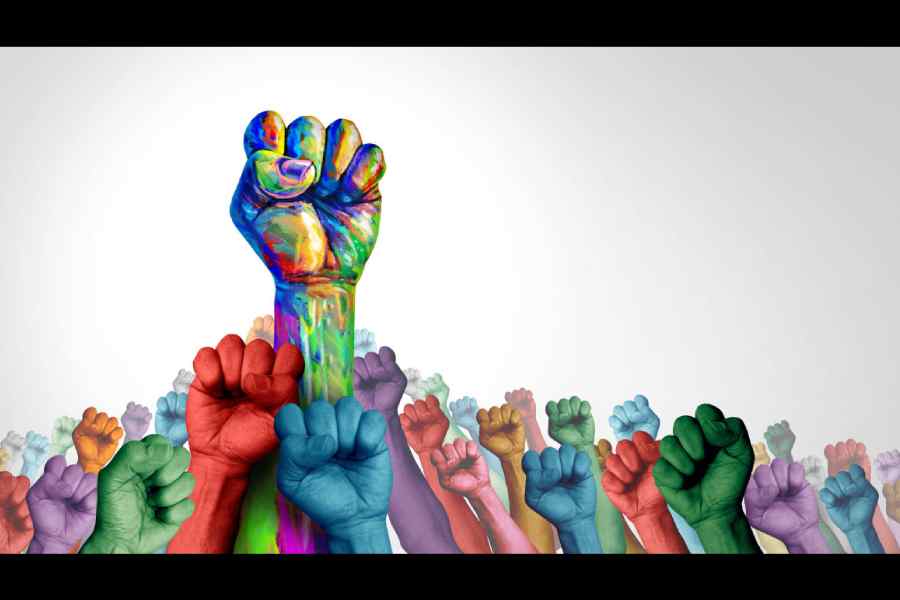ADVENTURES IN DEMOCRACY: THE TURBULENT WORLD OF PEOPLE POWER
By Erica Banner
Allen Lane, Rs 1,299
Bandied about in election rallies and academic seminars, ‘democracy’ has become a contentious ideal, with the real-world meaning of the term lost in shrill rhetoric. The foremost question that arises upon reading Adventures in Democracy is this: does this book add anything worthwhile to the global discourse on democracy?
The answer is yes.
Yes, because Erica Benner lends a personal, familiar touch to a difficult, layered subject. The tone of the narrative and how the chapters unfold are riveting — it is almost as if Benner is sitting down to have a meal with you and engaging in a frank, informal discussion about her opinions regarding democracy, its “beginnings and myths”, the “constant struggles” it has faced over the years and the “mortal dangers” it suffers today.
From her childhood spent in newly-democratised, post-World War II Japan, where she would face daily taunts as the daughter of a foreigner, to her education in the United Kingdom, where she was told by one of her teachers that she could not take up a history class because she wasn’t a man, Benner draws on numerous personal anecdotes to craft an account of how democracy has evolved, from ancient times to the threats it faces today even in seemingly robust republics. Her readings of different works by philosophers like Plato and Machiavelli — the subject of Benner’s award-winning Be Like the Fox — and her analyses of problems and political figures present a neutral perspective on a deeply polarising subject.
But the book has some drawbacks too. Democracy isn’t really looked at through any alternative lenses. There is a definite Occidental heft to the chronicle, an obsession with the teachings of Greek philosophers and European men of letters from the early modern era. Negligible space is accorded to the birth and the evolution of democracies in the Global South, like India or Chile — don’t the likes of Jawaharlal Nehru or Salvador Allende deserve mention even in a chapter titled “How to pick a leader”? — and the focus remains on understanding modern democracy within the context of Athenian heroes and Florentine politicians.
Hearteningly, though, the book ends with warnings about lethal pitfalls on the democratic road that apply universally. Benner asserts that democracy is “not an open invitation to chase your dreams unchecked” but, rather, “a give-and-take scheme” that presents “space, opportunities and decent options” for everyone. There is a prescient cheat sheet on how demagogues can convert democracy to despotism — “[b]ring GOD ON YOUR SIDE” and “[g]o for the media asap” are suggestions that will force Indian readers to shift uncomfortably on their seats.
Benner’s argument is strengthened by her refusal to build castles in the air. The 21st-century citizen shall have to back flawed leaders and support “a more modest and accessible kind of greatness”, she writes. That is perhaps the best defence against the destruction of democracy.











